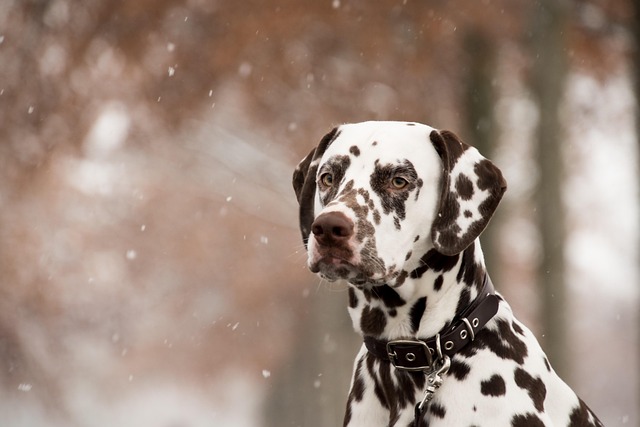
How can I tell if my dog's heatstroke is serious
Let’s be real: It’s a sticky August morning in Los Angeles, and you took your 2-year-old Golden Retriever, Max, for a walk a little later than usual
Watching your dog slow down because of kidney disease is tough, especially when you just want to spoil them with a treat. But what’s safe for a healthy pup can be harmful for one with failing kidneys—their organs can’t filter waste like they used to, so even small amounts of certain foods can build up and make them sick. Many new dog owners don’t realize this at first; I once met a family who gave their Lab a slice of bacon as a reward, only to see him lethargic the next day because of the extra salt.
Kidney disease in dogs means their bodies struggle to process protein, phosphorus, and sodium. Too much protein creates more waste for the kidneys to handle, while high phosphorus can damage remaining kidney tissue over time. Sodium, often hidden in processed snacks, makes their bodies hold onto water, which strains the heart and kidneys. It’s not about cutting these nutrients out entirely—your vet will recommend a balanced diet—but avoiding foods that overload them is key.
 The first step is to skip high-phosphorus foods you might have around the house. That includes dairy like cheese or yogurt, most nuts (especially almonds), and even canned pumpkin (opt for fresh, unsweetened if you need it). Also, steer clear of salty treats: no more beef jerky, cheese sticks, or even the little salted crackers you might drop. Instead, ask your vet for low-phosphorus options like small pieces of cooked carrots or green beans—they’re crunchy and safe.
The first step is to skip high-phosphorus foods you might have around the house. That includes dairy like cheese or yogurt, most nuts (especially almonds), and even canned pumpkin (opt for fresh, unsweetened if you need it). Also, steer clear of salty treats: no more beef jerky, cheese sticks, or even the little salted crackers you might drop. Instead, ask your vet for low-phosphorus options like small pieces of cooked carrots or green beans—they’re crunchy and safe.
It’s also important to follow local rules when caring for a dog with kidney disease, since their needs might mean more frequent vet visits. Make sure their vaccinations are up to date (most places require this by law) and always clean up after them on walks—community respect matters, even when you’re stressed about their health. And remember, positive training is key here too: if they beg for forbidden food, reward them with praise or a vet-approved treat instead of scolding—fear won’t help their recovery.
Finally, keep an open line with your vet. Every dog’s kidney disease is different, so what’s off-limits for one might be okay in small amounts for another. I know it’s easy to feel overwhelmed, but taking it step by step—avoiding those high-risk foods, sticking to vet advice, and keeping up with local rules—will help your pup stay comfortable and happy for as long as possible. They rely on you, and with a little care, you’ll both get through this.

Let’s be real: It’s a sticky August morning in Los Angeles, and you took your 2-year-old Golden Retriever, Max, for a walk a little later than usual

You're enjoying a summer afternoon at the park when you notice your dog has stopped panting and appears disoriented - their gums are bright red

Let’s paint the picture: You’re in your Denver apartment, watching your 4-year-old Boston Terrier, Ruby, plop down mid-play session with her favorite toy

Many dog owners notice their pets nails seem shorter after regular walks,but how much does this daily activity actually help?The answer depends on where you walk—concrete sidewalks or asphalt streets gently file nails as a dog's paws hit the ground

Most dog owners notice their pup scooting across the carpet at some point, but few connect it to impacted anal glands. These small sacs near a dog’s rectum secrete a scent for marking territory

Most vets agree that regular dog teeth cleaning is key to avoiding painful dental issues later. For healthy adult dogs, a professional cleaning at the vet’s office every 12 to 18 months usually works well.